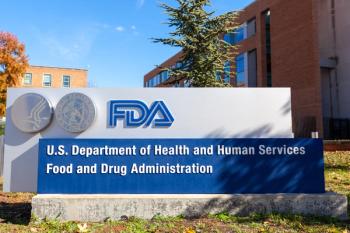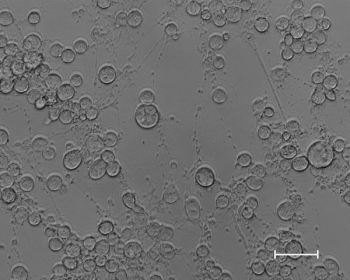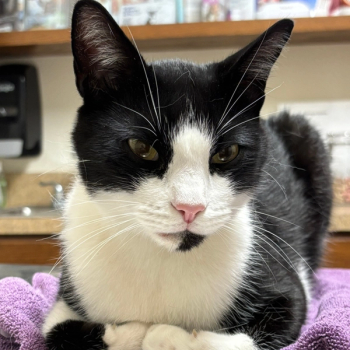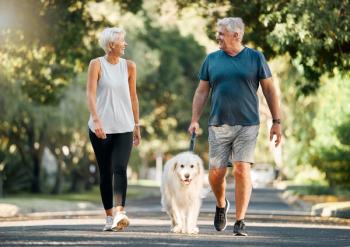
John the champion roping horse recovers from botulism with help from UC Davis
After spending 26 days at the university for treatment, and many more months of recovery, the horse is back to his champion roping ways.
John recovered from botulism with help from UC Davis. | Photo courtesy of UC Davis.
John, an 11-year-old American quarter horse gelding, and his owner and rider, Doug Parker, had worked for years to qualify for the World Series of Team Roping in Las Vegas, finally making that dream a reality by qualifying in 2016. Just before they were set to compete, however, John contracted botulism, so Parker raced him to the University of California, Davis, veterinary hospital to try to save his life, according to a university release. Botulism had killed one of John's stablemates.
“After what happened to our other horses just two weeks earlier, we got him to Davis as fast as we could,” Parker says in the release, recalling two other horses in his herd of 25 that were treated for botulism at UC Davis. One didn't survive. Parker says John looked just as bad as the one that had passed away, so he wasn't optimistic.
Parker immediately instituted biosecurity measures at his farm. He determined that the only common factors for those three horses were grain and water. The water was from the same well that went to the house, and there were no issues there, so the investigation focused on the grain, the release says. Parker feeds grain only to horses that are being ridden, as a treat while they're being saddled or unsaddled. John and the two other horses were the only horses being ridden at that time, and none of the unridden horses got sick, so a bad batch of grain was determined to be the culprit.
Parker was determined to save his horse, as he'd searched a long time to find an equine athlete with the potential to compete at the highest levels of roping. He worked with the UC Davis equine specialists to do everything he could for a positive outcome for John.
John spent 26 days hospitalized for treatment. During that time he received antitoxin plasma and supportive care that included intravenous fluid therapy, anti-inflammatories and vitamin E, the release states. He was unable to stand without help, so faculty, staff and students at the large animal clinic used the facility's large animal lift to help him stand. Once standing, John was disconnected from the lift so he could move around freely and lie down when he wanted.
John gradually became stronger. On the 22nd day of his hospitalization, he stood unassisted for the first time, though he needed minor assistance from the lift until day 26, when he stood unassisted again, the release says. His care team decided at that time to send John home to recover in a larger space than the stalls in the hospital's intensive care unit.
Parker took John home, but the first day he couldn't stand on his own, so Parker used a lift attached to his tractor to get John up. John stayed up all day, but the next morning Parker found him down again. However, when John heard Parker start the tractor, he got up on his own, the release says.
“I think he thought, ‘Well if you're going to hoist me up with the tractor again, I'll just stand up,'” Parker says.
It took about three months, until February 2017, for John to gain his weight and strength back. Parker took him to a roping competition in Arizona, but John wasn't quite ready to compete. Realizing the horse needed more rest, Parker took off John's shoes and let him out to pasture for four months, according to the release.
Parker and John, right, competing in October. | Photo courtesy of UC Davis.
In June, Parker thought he'd try competing with John again. He took the horse to a competition and John was back to his old self, winning the event. Since then, Parker and John have qualified for the World Series of Team Roping, and Parker is very excited.
“It was a big deal for me to have UC Davis save him,” Parker says in the release. “I was ecstatic when he came back as good as he did. They did a good job on him at Davis.”
Newsletter
From exam room tips to practice management insights, get trusted veterinary news delivered straight to your inbox—subscribe to dvm360.





